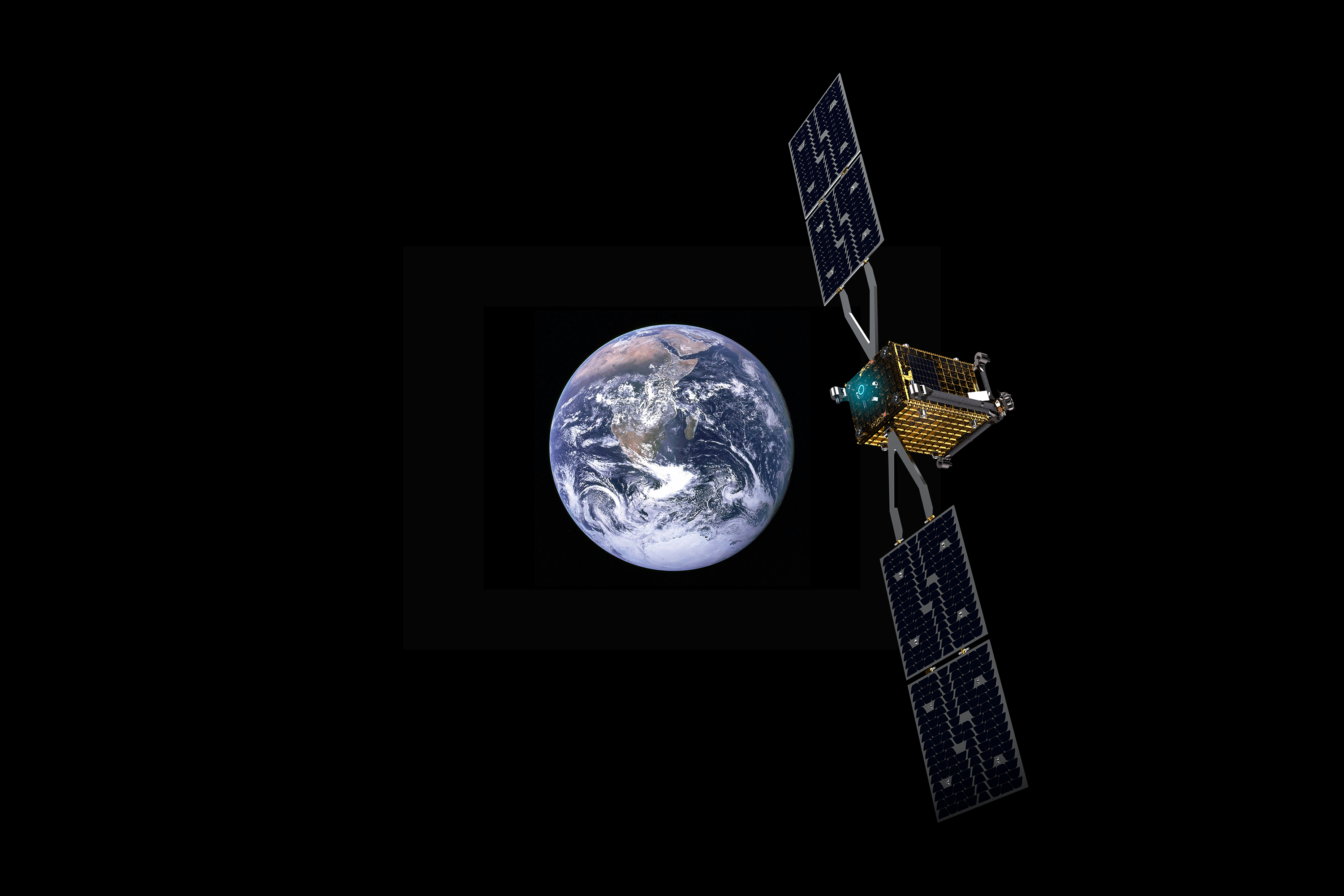Couples in Alabama undergoing IVF treatment have had their fertility journeys thrown into chaos after the state ruled that frozen embryos are considered human beings.
Gabrielle Goidel was just a matter of a days away from retrieving her embryos following spending $20,000 to help her and her husband have a child. But the Alabama Supreme Court ruled last week that frozen embryos can be classed as human beings, potentially meaning that any unviable or unwanted embryos may result in companies being held liable for wrongful death.
Clinics across the state paused treatment over fears they could be prosecuted. Goidel, who pursued in-vitro fertilization (IVF) with her husband Spencer after losing three pregnancies in just nine months, said she doesn't believe she's "ever been this stressed in her life."
The clinic she had been using informed her they were still willing to retrieve her eggs, but because of the new rules they didn't know if they could make embryos or be able to store or ship them.
Speaking with CNN, Goidel said: "What happens to my embryos after we retrieve them? Do I have to keep those frozen forever? Do I get to let the ones that are genetically abnormal pass naturally? Is my doctor going to be in any sort of danger by doing this procedure to me? There are so many questions in the air right now?"

Goidel began her IVF journey after being informed by her doctor that she and her husband have a high chance of a pregnancy with genetic abnormalities. IVF treatments allow pre-genetic testing.
"All we want is to just have the American dream and have a family," Goidel said. "I never thought that this would be something that would be seen as immoral."
The couple moved from Texas to Alabama in 2023, finding a clinic in Birmingham that could help them. But now her journey to starting a family has been upended. Her clinic, Alabama Fertility Specialists, is one of several across the state who have paused IVF treatments. After the Supreme Court Ruling, the couple are now intending to travel between Alabama and Texas, where they have found a provider willing to help them.
"I've had to detach myself from those embryos emotionally, because I know I'm going to lose them," Goidel told CNN. "I view them as this world of possibility for me and my husband, but I can't view them as physical children. To have to keep those somewhere as just a reminder of all the pain is really emotionally hurtful."
Another couple, Kelly and Jimmy Belmont, also spoke with CNN about what the ruling means for them. "It never occurred to me that people would take the overturning of Roe v. Wade and link it to IVF. At its very core, IVF is trying to create life and build families," they said. They have been trying to start a family using IVF for two years.
In June 2022, Alabama began enforcing a total abortion ban following the U.S. Supreme Court decision to overturn Roe v. Wade, according to the Center for Reproductive Rights. Newsweek has contacted the center for comment via email outside of normal working hours.
What Does the Alabama Ruling Mean?
The decision stems from a wrongful death lawsuit brought by three couples whose embryos were lost at a fertility clinic back in 2020. A patient had managed to access where the embryos were stored and accidentally dropped them, resulting in their destruction.
A lower court ruled that the embryos were not considered children after they attempted to sue the Center for Reproductive Medicine and the Mobile Infirmary Association under the state's Wrongful Death of a Minor Act. This law covers fetuses, but not embryos.
However, the Alabama Supreme Court took the side of the couples, and their ruling considered frozen embryos as children. According to the BBC, Chief Justice Tom Parker wrote: "Even before birth, all human beings have the image of God, and their lives cannot be destroyed without effacing his glory."
The ruling doesn't ban IVF from taking place in the state. But providers have been left in the lurch over whether the use and storage of embryos is still legal.
The Medical Association of the State of Alabama said in a statement seen by the BBC: "The significance of this decision impacts all Alabamians and will likely lead to fewer babies—children, grandchildren, nieces, nephews, and cousins—as fertility options become limited for those who want to have a family."
The association has called on the Supreme Court to stay or reverse its ruling.
Are you in Alabama and undergoing IVF treatment? If you have a story to tell, email a.higham@newsweek.com
Uncommon Knowledge
Newsweek is committed to challenging conventional wisdom and finding connections in the search for common ground.
Newsweek is committed to challenging conventional wisdom and finding connections in the search for common ground.
About the writer
Aliss Higham is a Newsweek reporter based in Glasgow, Scotland. Her focus is reporting on issues across the U.S., including ... Read more





